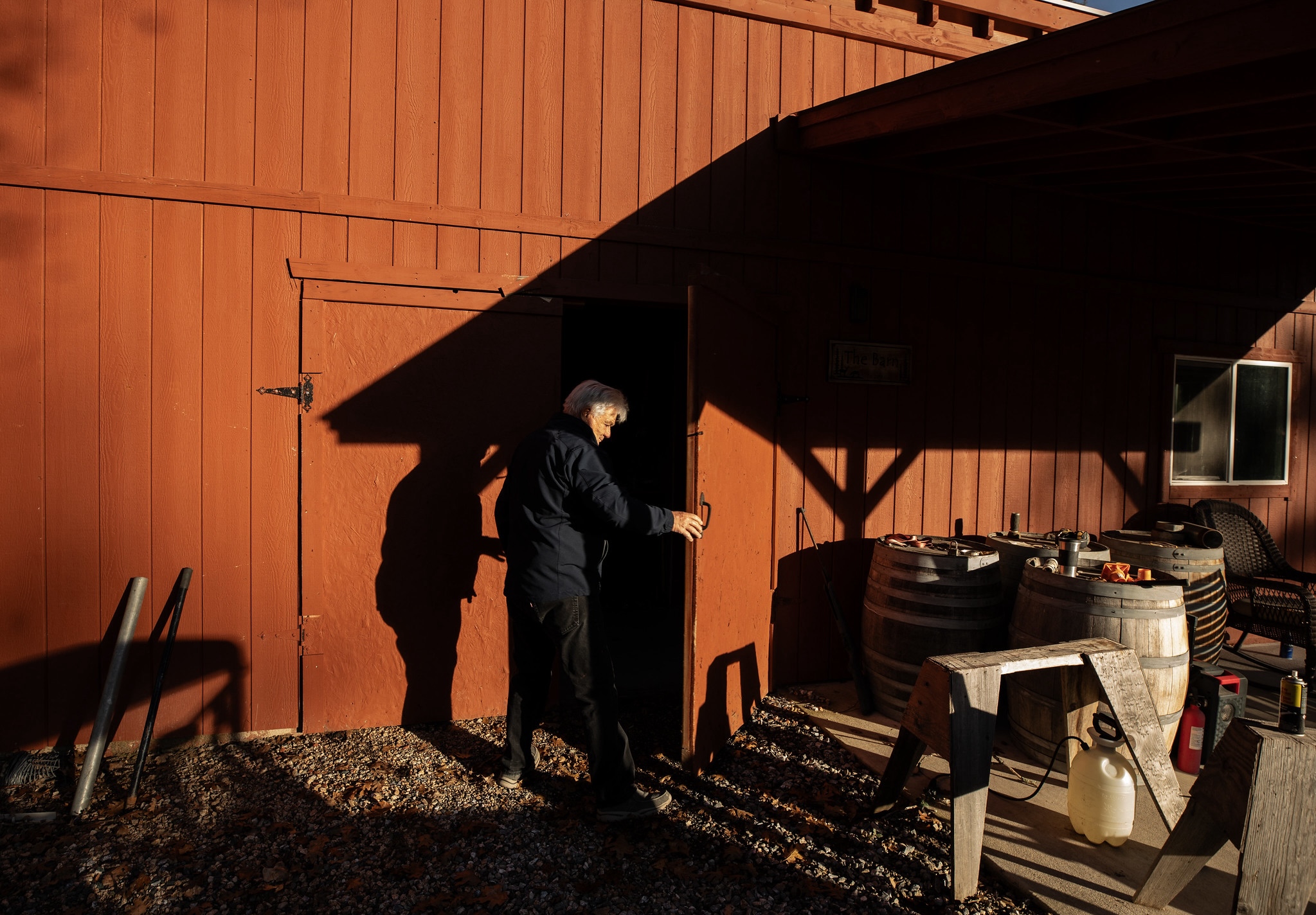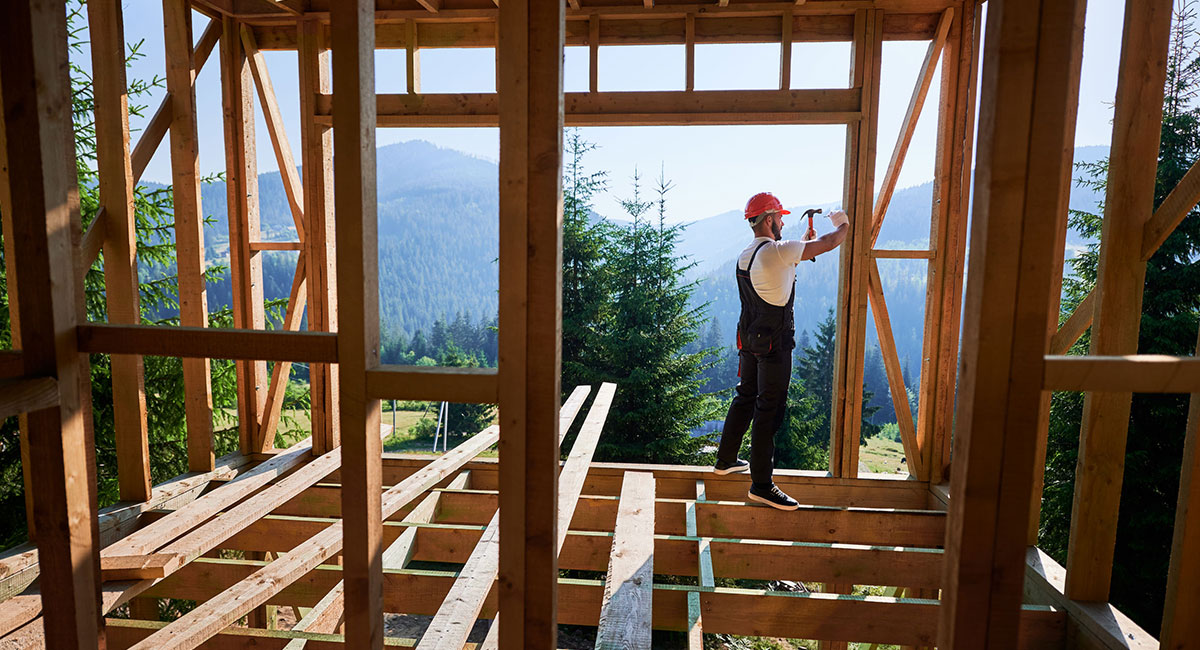- Messages
- 12,038
- Reaction score
- 2,590
- Points
- 238
Hope this hasn't been posted else where.
George Sheetz in 2016 applied for a permit from El Dorado County to build a small home in northern California near Lake Tahoe. The county board of supervisors conditioned the permit on a $23,420 “traffic impact mitigation” fee to cover the costs of expanding public roads to reduce congestion.
Mr. Sheetz sued in state court, arguing that the fee was excessive. Under the High Court’s Nollan (1987) and Dolan (1994) precedents, permit conditions and exactions must have an “essential nexus” and be “roughly proportional” to a development’s adverse impact. Local governments had conditioned building permits on property owners making some of their land available for public use. The Justices ruled that such exactions violated the Fifth Amendment, which bars government from taking property without just compensation.
More:
The Supreme Court’s Road to El Dorado
The Supreme Court on Tuesday will hear what could be a landmark property-rights case (Sheetz v. County of El Dorado) with major economic implications. The question is simple: Can governments use building permits to extort property owners?George Sheetz in 2016 applied for a permit from El Dorado County to build a small home in northern California near Lake Tahoe. The county board of supervisors conditioned the permit on a $23,420 “traffic impact mitigation” fee to cover the costs of expanding public roads to reduce congestion.
Mr. Sheetz sued in state court, arguing that the fee was excessive. Under the High Court’s Nollan (1987) and Dolan (1994) precedents, permit conditions and exactions must have an “essential nexus” and be “roughly proportional” to a development’s adverse impact. Local governments had conditioned building permits on property owners making some of their land available for public use. The Justices ruled that such exactions violated the Fifth Amendment, which bars government from taking property without just compensation.
More:



